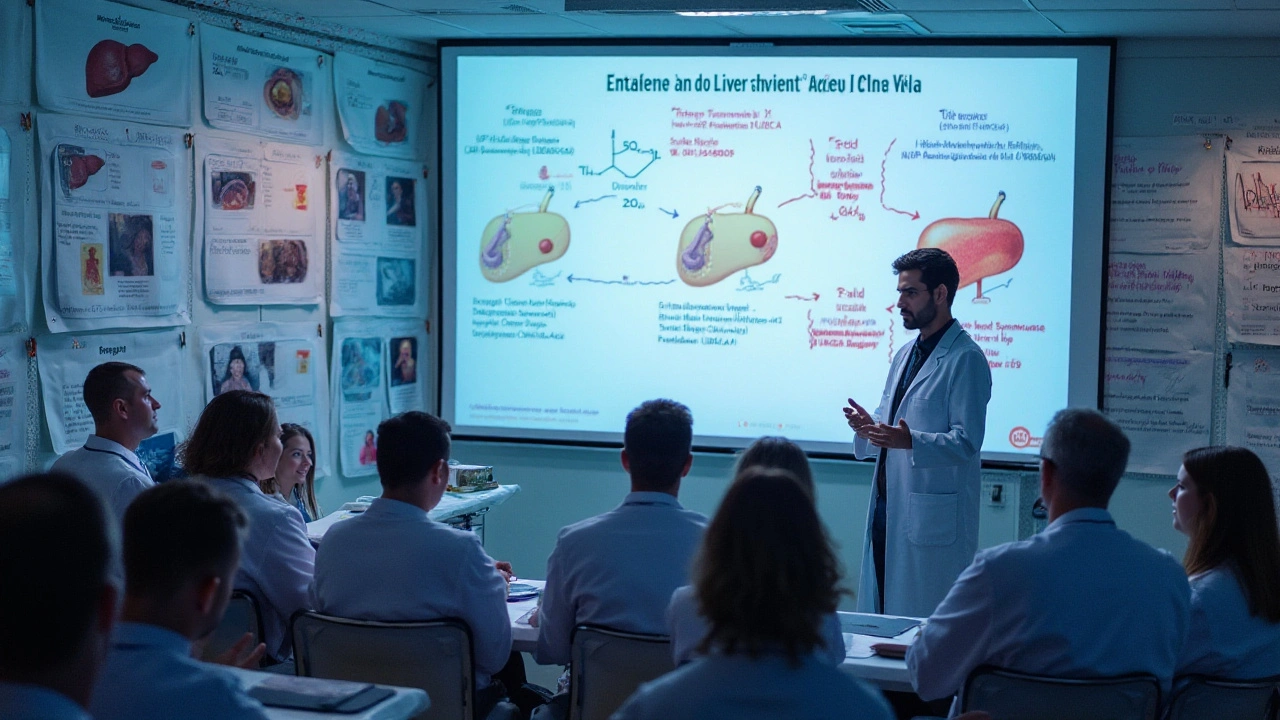Liver Treatments: Medications, Lifestyle Tips & When to Seek Help
If you or someone you care about is facing a liver issue, the options can feel confusing. There’s no single fix for every liver problem, but knowing the common treatments and clear steps to protect your liver makes decisions easier. Below I’ll break down typical medical options, simple everyday actions that help, and red flags that mean you should see a specialist now.
Common medical treatments
Different liver conditions need different medicines. For viral hepatitis B and C there are specific antiviral drugs that can clear or control the virus; these often require a specialist and regular blood tests. Autoimmune hepatitis is usually treated with steroids and immune-suppressing drugs to calm the immune attack on the liver. Cirrhosis itself doesn’t have a cure, but doctors treat complications: diuretics for fluid buildup (ascites), beta-blockers to lower bleeding risk from varices, and lactulose or rifaximin to manage confusion from hepatic encephalopathy.
Nonalcoholic fatty liver disease (NAFLD) focuses more on treating metabolic causes—blood sugar control, cholesterol and sometimes medications off-label in specialist care. In advanced cases where liver function is failing, a transplant evaluation is the next step. Always talk with your doctor about drug interactions—many common medicines and supplements can harm a compromised liver.
Everyday steps that help your liver
Small, consistent changes make a big difference. Stop drinking alcohol or cut it dramatically if your liver is damaged. Aim for slow weight loss if you have fatty liver—7–10% body weight often improves liver fat and inflammation. Control diabetes and high cholesterol with diet, exercise, and medications your doctor recommends. Avoid unnecessary over-the-counter drugs that stress the liver; for pain, keep acetaminophen (paracetamol) doses low and check with your clinician.
Vaccination prevents hepatitis A and B—ask your doctor if you haven’t had these shots. Practice safe sex and avoid shared needles to lower viral risk. Be cautious with herbal supplements; some can cause serious liver injury. If prescribed a new drug, ask how it affects liver enzymes and whether you need lab checks.
Know the signs that mean urgent care is needed: yellowing skin or eyes (jaundice), sudden severe belly pain, persistent vomiting, confusion or sleepiness, or unusual bleeding or bruising. Those can signal serious liver failure or bleeding and should not wait.
Managing liver disease is usually a team effort—your GP, a hepatologist or gastroenterologist, nutrition support, and sometimes a transplant center. Keep a record of your meds, lab results, and symptoms. Ask for clear targets (like lab numbers or weight goals) so you know progress when you see your provider.
If you want, I can point you to reliable articles on specific treatments—like antivirals for hepatitis, options for fatty liver, or what to expect with cirrhosis care. Tell me which topic interests you most and I’ll pull the best practical guides.
Comparing Ursodeoxycholic Acid to Alternative Liver Treatments
When it comes to addressing liver diseases, Ursodeoxycholic Acid (UDCA) remains a widely discussed option in the medical community. This article dives deep into how UDCA works compared to other common liver treatments, exploring its benefits and limitations. With liver health being a crucial aspect of overall wellness, understanding these treatment options can help guide informed decisions. We will also uncover lesser-known facts and provide practical tips on liver care. Join us in this exploration of liver treatments and find out which might be best suited for your needs.

